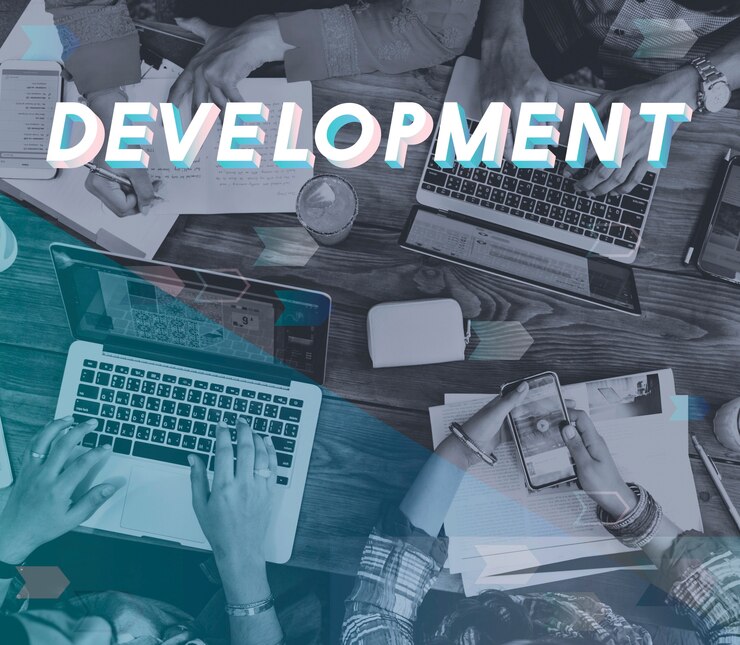App Development Software
App Development Software: Choosing the Right Tool for Your Project
Building a successful mobile app requires choosing the right app development software. With numerous options available, each offering unique features and strengths, it can be overwhelming to navigate the landscape. To help you make an informed decision, here’s a comprehensive guide to popular app development software:
Thank you for reading this post, don't forget to subscribe!1. Native App Development:
- Android Studio: Official IDE for building Android apps, offering a comprehensive suite of tools and features. Uses Java and Kotlin as primary programming languages.
- Xcode: Apple’s official IDE for developing iOS apps, providing a seamless experience with advanced features and debugging capabilities. Uses Swift as the primary language.
2. Cross-Platform App Development:
- Flutter: Open-source framework by Google for building beautiful, natively compiled apps for both Android and iOS using a single codebase. Renowned for its fast development speed and hot reload functionality.
- React Native: Open-source framework by Facebook, based on JavaScript and React, allowing creation of cross-platform apps with native-like performance. Its large community and extensive libraries make it a popular choice.
- Xamarin: Microsoft-backed platform that uses C# to build native apps for Android, iOS, and Windows. Offers access to native APIs and good performance, but requires C# familiarity.
3. Hybrid App Development:
- Apache Cordova: Open-source framework based on web technologies like HTML, CSS, and JavaScript. Allows building hybrid apps that run within a native app shell, offering a balance between development speed and native functionality.
- Ionic: Popular framework for building hybrid apps with web technologies and a UI component library. Offers a faster development process compared to native development.
4. Low-Code/No-Code App Development:
- Appian: Low-code platform that allows building mobile apps without extensive coding experience, suitable for basic business applications.
- Thunkable: Visual programming tool for building mobile apps, ideal for beginners or non-programmers.
Factors to Consider When Choosing:
- Target Platforms: Which platforms do you want your app to be available on?
- Development Skills: What programming languages and frameworks are you familiar with?
- Budget and Time Constraints: Do you have the resources for a longer development cycle using native development or prefer a faster approach with cross-platform or hybrid options?
- Performance Requirements: Does your app require high performance and access to native APIs?
- App Complexity: How complex is your app’s functionality and UI?
Additional Resources:
- App Development Resources: https://www.w3schools.com/whatis/
- A Comparison of Mobile App Development Frameworks: https://www.upwork.com/hire/mobile-app-developers/
- Guide to Choosing the Right Mobile App Development Tool: https://appian.com/products/platform/total-experience/overview.html
Remember:
There’s no one-size-fits-all solution. The best app development software depends on your specific needs and project requirements. Research, evaluate your options, and consider consulting with experienced developers to make an informed decision and embark on your successful app development journey.



